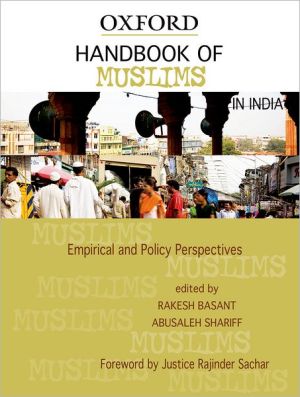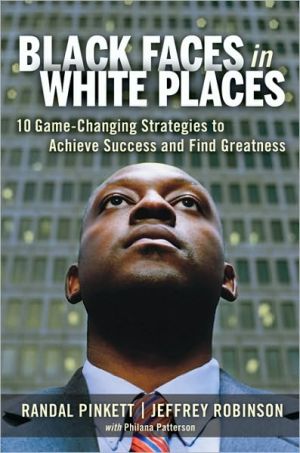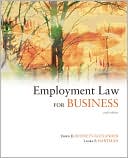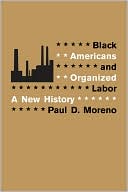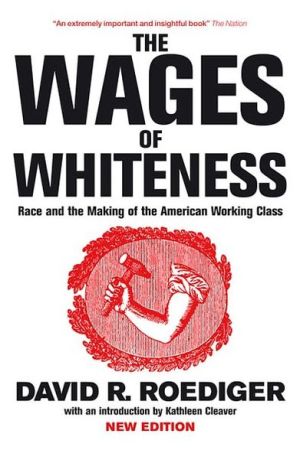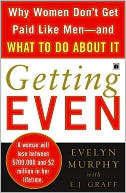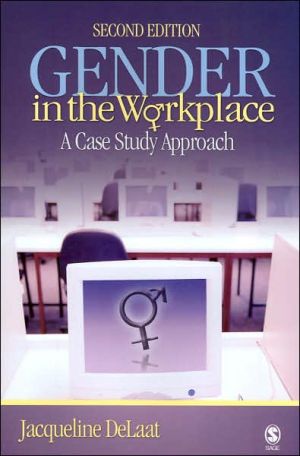Handbook of Muslims in India: Empirical and Policy Perspectives
This Handbook brings together the most recent work on the socio-economic conditions of the Muslim community in India, using and taking forward the debates and policy questions raised by the Sachar Committee Report (2006).\ Using detailed empirical data, the handbook provides a comprehensive understanding of:\ * the socio-historical context within which one must situate Muslims in India\ * the demographic and educational conditions of Muslims\ * the various dimensions of employment and labour...
Search in google:
The Handbook analyzes the status of the Muslims in India by looking at the discussion initiated by the 2006 report of the Prime Minister's High Level Committee on the Status of Muslims in India, headed by Justice Rajinder Sachar. The Sachar Committee Report used large-scale empirical data to analyze the socio-economic conditions of the Indian Muslims, thus highlighting the heterogeneity within the community. This volume takes the debate initiated by the Report further, bringing together the most recent empirical work on equity-related concerns with a focus on human development parameters, in a comprehensive and thematic manner. The first section examines the socio-historical context of Muslims in India, thus setting the tone for analysis of their demographic and educational conditions in a comparative perspective. The second and third sections analyze the socio-economic conditions of the Muslims by exploring the various dimensions of the labor and employment market. The final section considers the policy options that are available to improve the condition of the Indian Muslims.
List of Tables List of Figures Contributors Foreword, Rajinder Sachar1. Introduction, Rakesh Basant and Abusaleh ShariffSection I: Socio-Historical Context2. Indo-Islamic Thought and Issues of Religious Co-Existence, Irfan Habib3. On the Making of Muslims in India Historically, Satish SaberwalSection II: Socio-Economic Status4. How do Indian Muslims Fare on Social Indicators?, Anil B. Deolalikar5. The Muslim Population of India: A Demographic Portrayal, P.M. Kulkarni6. Religion and Childhood Death in India, Sonia Bhalotra, Christine Valente and Arthur van Soest7. Social Divisions in Education in India, Sonia Bhalotra and Bernarda ZamoraSection III: Employment and Labour Market8. Risk Associated With Belonging to Disadvantaged Groups and Labour Market Outcomes in India: A Bayesian Analysis, Vani K. Borooah9. Informality and Gender in the Labour Market for Muslims in India: Has Education Been a Route Out of Poverty?, Jeemol Unni10. Earnings Inequality in India: Has the Rise of Caste and Religion Based Politics in India had an Impact, Sumon K. Bhaumik and Manisha Chakrabarty11. Economic of Religion: Spiritual Capital and Philanthropy amongst Muslims in India, Abusaleh ShariffSection IV: Policy Implications12. Unequal Playing Field: Socio-Religious Inequalities in Educational Attainment in India, Sonalde Desai and Veena Kulkarni13. Is Positive Discrimination a Good Way to Aid Disadvantaged Communities?, Thomas WeisskopfIndexList of Tables; List of Figures; Contributors; Foreword (Rajinder Sachar) 1. Introduction (Rakesh Basant and Abusaleh Shariff); Section I-Socio-Historical Context;2. Indo-Islamic Thought and Issues of Religious Co-existence (Irfan Habib);3. On the Making of Muslims in India Historically (Satish Saberwal);Section II-Socio-economic Status; 4. How do Indian Muslims Fare on Social Indicators? (Anil B. Deolalikar)5. The Muslim Population of India-A Demographic Portrayl (P.M. Kulkarni)6. Religion and Childhood Death in India (Sonia Bhalotra, Christine Valente and Arthur van Soest)7. Social Divisions in Education in India (Sonia Bhalotra and Bernarda Zamora); Section III-Employment and Labour Market;8. Risk Associated With Belonging to Disadvantaged Groups and Labour Market Outcomes in India-A Bayesian Analysis (Vani K. Borooah)9. Informality and Gender in the Labour Market for Muslims in India: Has Education Been a Route Out of Poverty? (Jeemol Unni)10. Earnings Inequality in India: Has the Rise of Caste and Religion Based Politics in India had an Impact (Sumon K. Bhaumik and Manisha Chakrabarty)11. Economic of Religion: Spiritual Capital and Philanthropy amongst Muslims in India (Abusaleh Shariff); Section IV-Policy Implications12. Unequal Playing Field: Socio-Religious Inequalities in Educational Attainment in India (Sonalde Desai and Veena Kulkarni)13. Is Positive Discrimination a Good Way to Aid Disadvantaged Communities? (Thomas Weisskopf)
